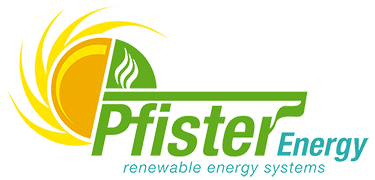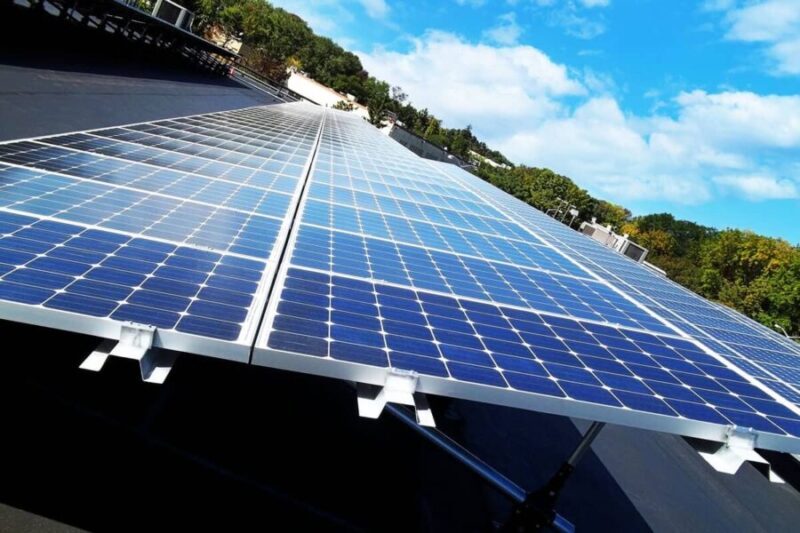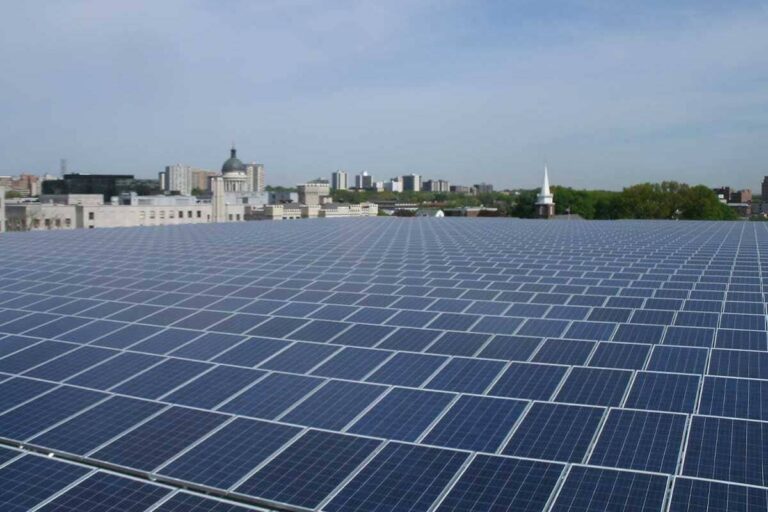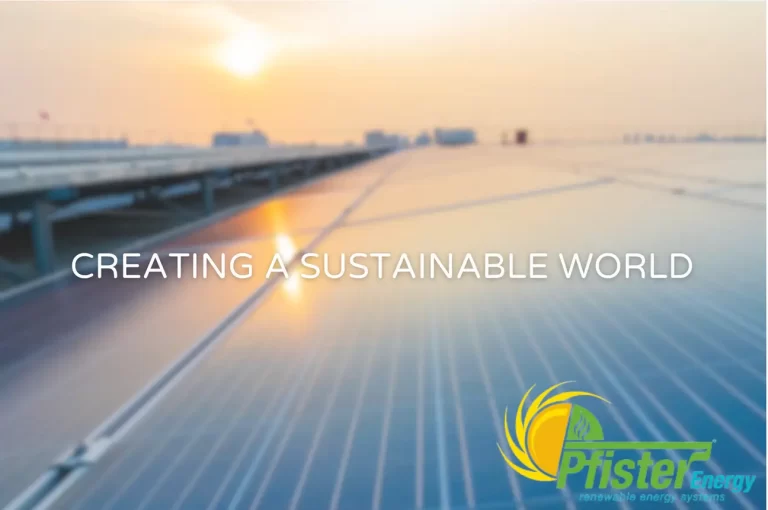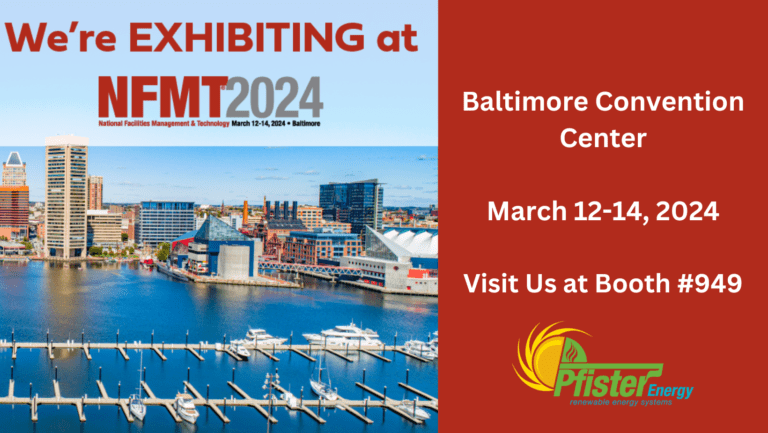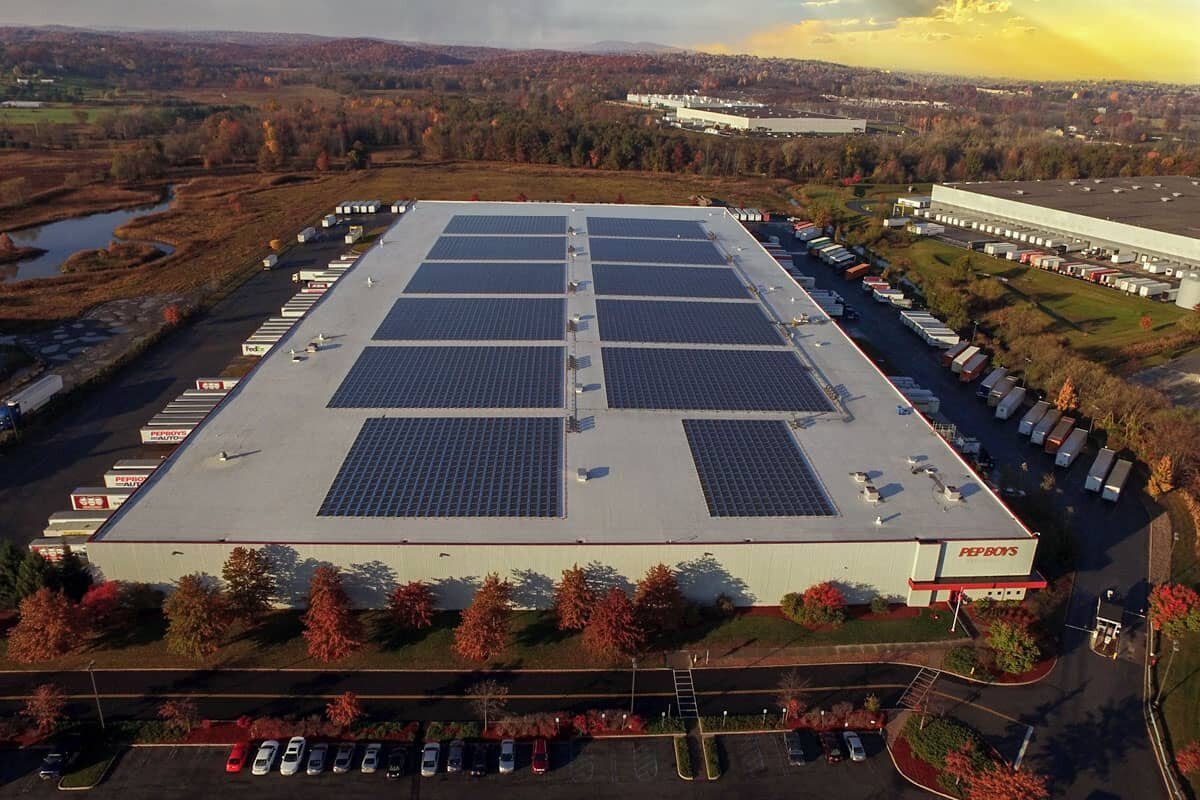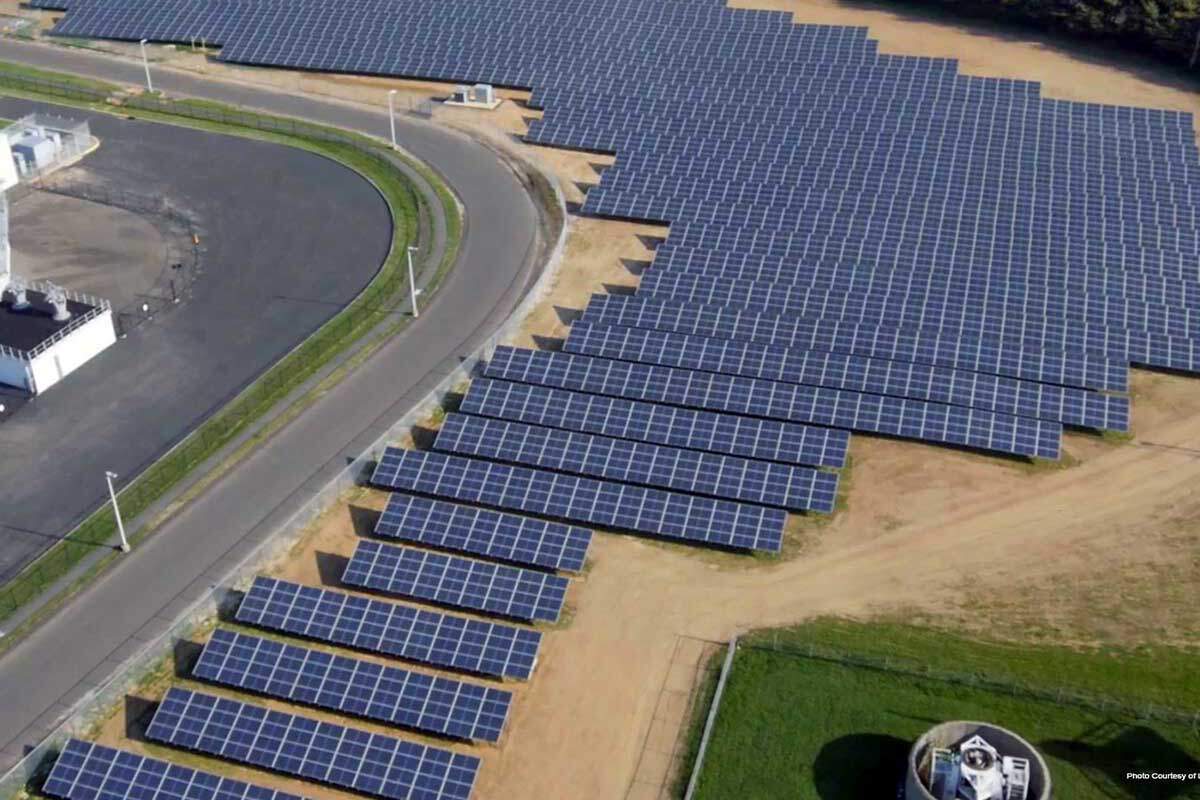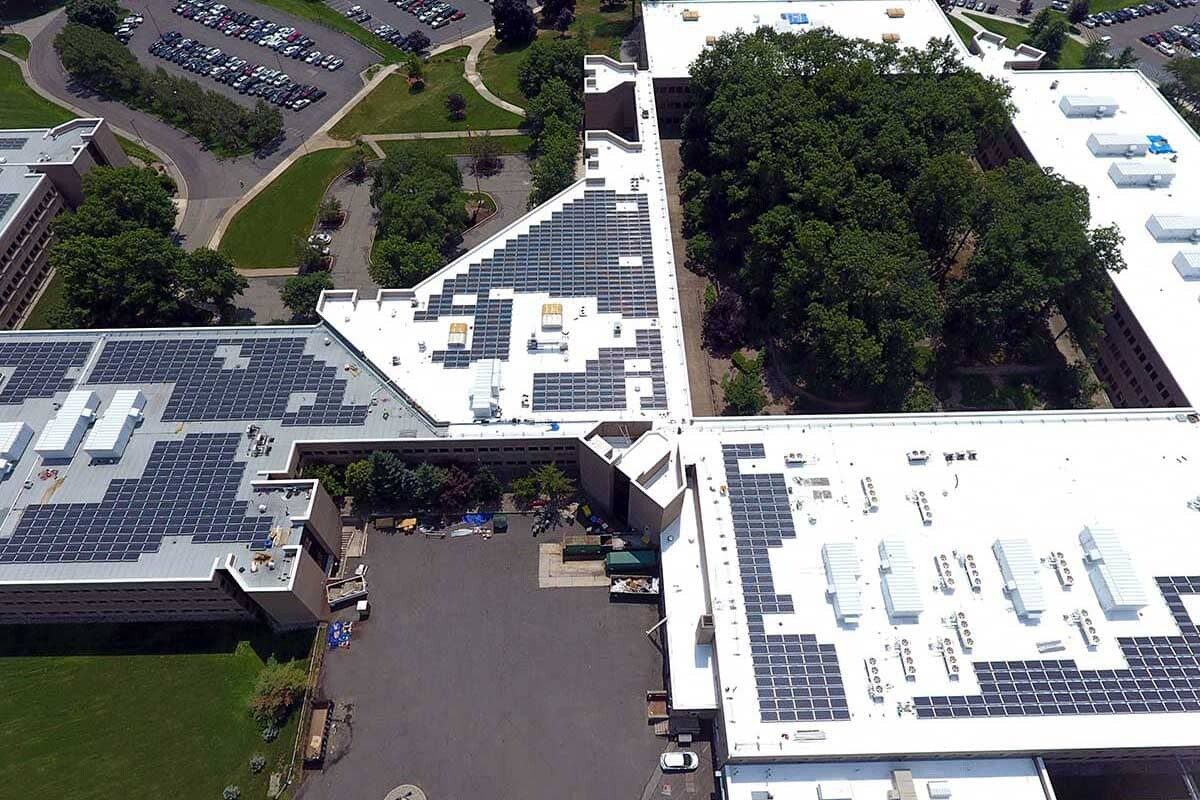International Trade Commission Hearing: August 16, 2017
Written by Wayne Pfisterer
Record Breaking Attendance
This past Tuesday, swarms of people convened at the United States International Trade Commission building in Washington D.C. to attend a heavily anticipated hearing. Representatives for both sides of the case traveled from all over the world to gather into the main hearing room, as well as multiple overflow rooms, and listen to the testimonies of various witnesses. The topic for discussion: Section 201 Solar Trade Case.
To understand this complex case, it is important to identify the involved parties and their interests. On one side, there are two financially insolvent American solar panel manufacturing companies, SolarWorld and Suniva. The executives of these companies claim that their businesses went under because they were not able to compete in the United States solar market due to the low prices of foreign solar module imports. They filed a petition in May of this year requesting that the ITC take safeguard measures and place a tariff on imported solar technology. Their argument is that this tariff would revive the solar manufacturing industry in the United States by giving manufacturers a better chance at competing in the market.
On the other side, there are various individuals, organizations, and solar companies who realize the overwhelming negative impacts that this tariff would impose if approved. The solar industry would feel massive effects as the tariff would cause the price of solar panels to essentially double. As a result, solar businesses nationwide would be forced to shrink and tens of thousands of jobs would be lost in the process.
The hearing brought together numerous representatives and concerned public attendees from all corners of the world. Foreign ambassadors as well as multiple bipartisan state representatives spoke in opposition and warned the ITC of the implications of an affirmative ruling.
Several Pfister Energy employees actively took part and attended this hearing, showing support and alliance to the Solar Energy Industries Association (SEIA) as they continue on in their efforts to fight for the solar industry and the right to fair trade in the United States.
This hearing was stage one in a multi-step process in which the ITC will ultimately present a report of their findings to the President for decision. In order for the case to go through, the Commission must find that foreign imports were the main cause of injury to the U.S. solar manufacturing industry. This is not an easy task, and the duration of Tuesday’s hearing – approximately 10 hours – is an accurate indication as to how complicated this case truly is.
Imposing a tariff may help remedy the losses of the two failed manufacturing companies, however, it would simultaneously disrupt one of the nation’s most rapidly growing industries. See solar energy solutions available.
Top stories:
